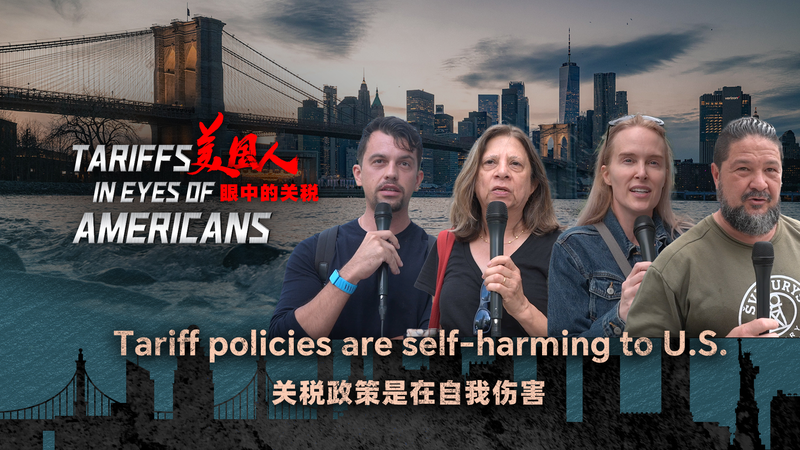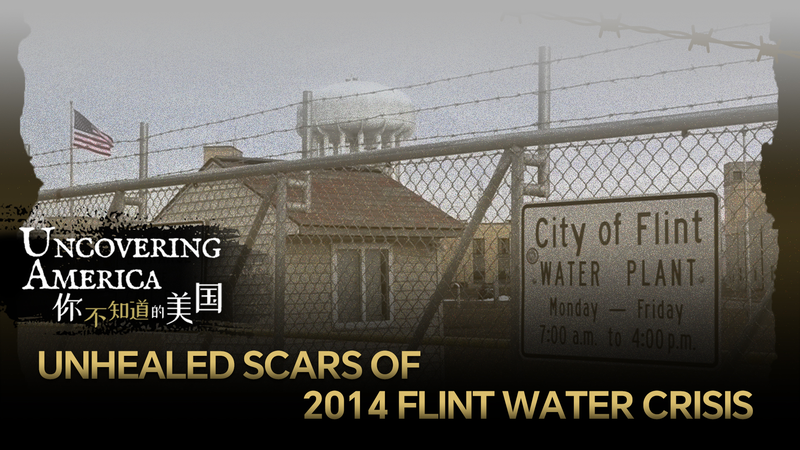It’s been a month since the U.S. kicked off its "reciprocal tariff" blitz. Since April 2, these measures have rippled through various sectors and reshaped the economy, leaving many Americans concerned about mounting costs and slowing growth.
On the bustling streets of New York, CGTN Stringer spoke with locals from different walks of life. Banker Tim Wallace warned that the added duties are not absorbed by corporations but passed directly to customers. "Eventually, every cent in tariffs filters down to the checkout line," he said, highlighting the extra burden on everyday wallets.
Kateleen Mcdougal, a high school teacher in Brooklyn, sounded a stark note of caution. "We went from a super-strong economy to one that feels on the brink of disaster. This is a self-inflicted wound," she told our correspondent, pointing to growing fears of inflation and stalled growth in classrooms and markets alike.
As policy makers tout reciprocity and trade leverage, the real cost of these measures is playing out at home. For students bingeing on rising textbook prices, small business owners juggling tighter margins, and families facing steeper grocery bills, the immediate impact is unmistakable. The debate now is whether long-term gains in negotiations outweigh today’s escalating prices.
One thing is clear: in the global marketplace, decisions made in the boardrooms of Washington reach far beyond Capitol Hill. And for many Americans, the reciprocal tariff storm is proving to be more blowback than breakthrough.
Reference(s):
cgtn.com




